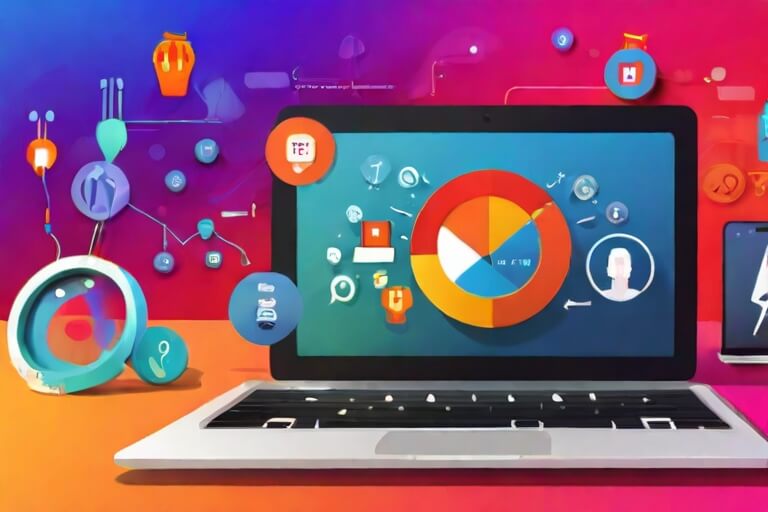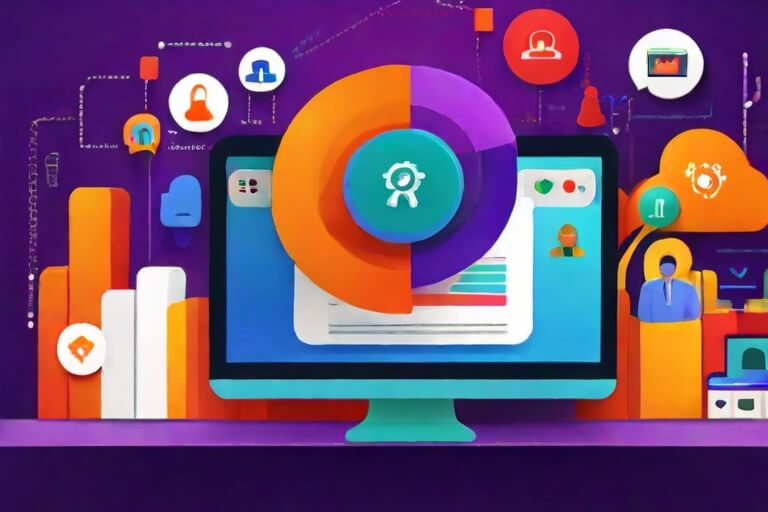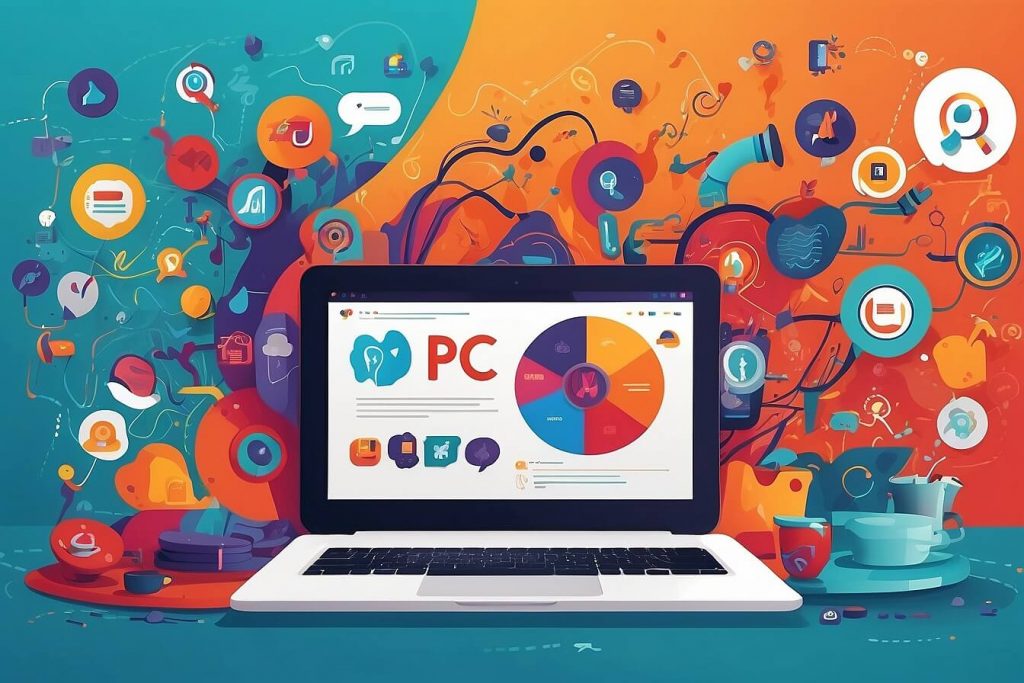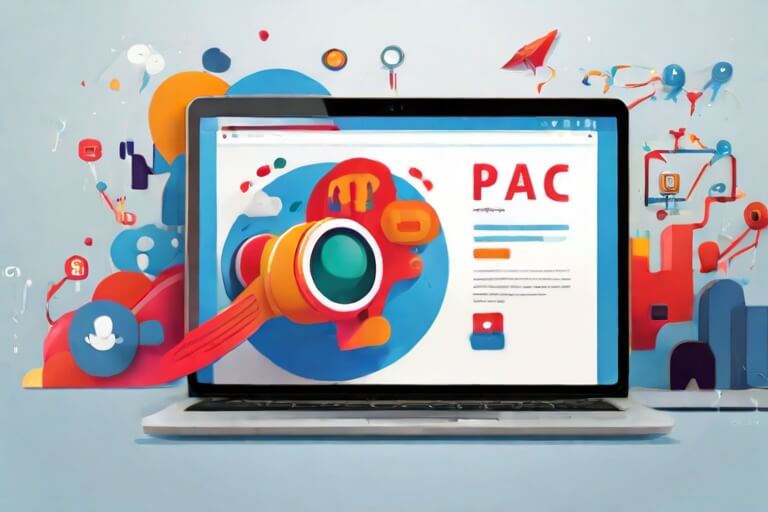AI-Powered Audience Targeting: Precision in PPC Advertising

Related Posts

Ad Performance Prediction: Using AI to Anticipate Campaign Success
The Role of Artificial Intelligence in Ad Performance Prediction In today’s digital marketing landscape, where several businesses are vying for consumer attention, the need for accurate ad performance prediction has become paramount. This is where the role of artificial intelligence...

Smart Bidding Strategies with Machine Learning in Google Ads
Understanding the Power of Machine Learning in Google Ads Machine learning, a powerful technology that has revolutionized various industries, is making a significant impact in the world of online advertising. Google Ads, a widely-used advertising platform, has embraced machine learning...

Google Ads Campaign Automation: Leveraging AI for Efficiency
The Role of AI in Google Ads Campaigns In today’s ever-evolving digital landscape, the role of Artificial Intelligence (AI) in Google Ads campaigns has become increasingly critical. With its ability to analyze vast amounts of data and make automated decisions,...
Table of Contents
hide
